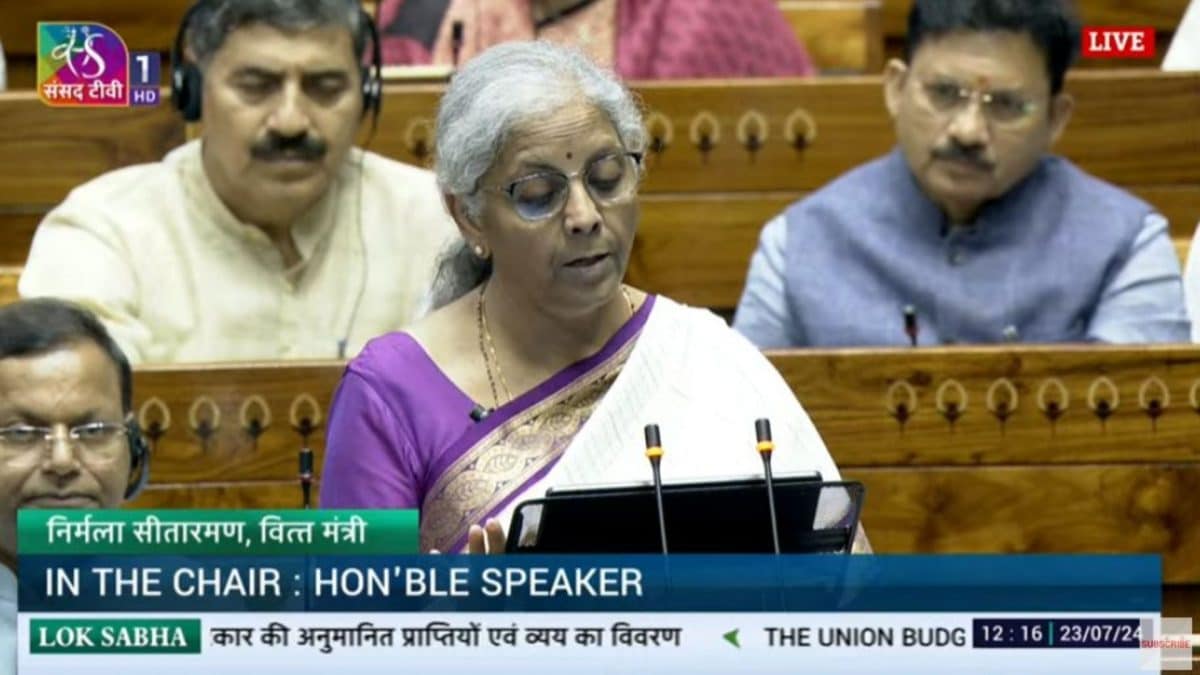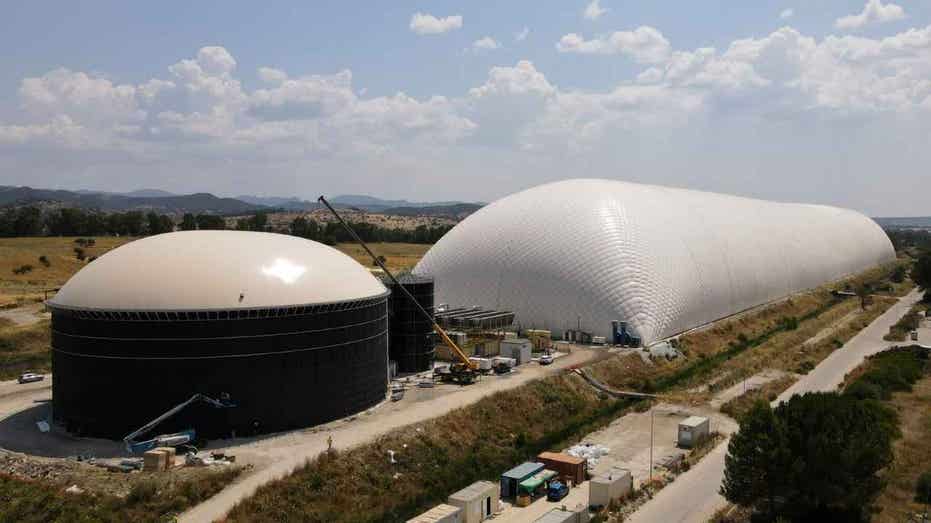The 'angel tax' is eliminated for all investment classes in Budget 2024, which is good news for startups.
Angel tax is levied on the capital raised via the issue of shares by unlisted companies from an Indian investor if the share price of issued shares is seen in excess of the fair market value of the company

Finance Minister Nirmala Sitharaman revealed during the Budget 2024 presentation that the government has eliminated the angel tax, which is fantastic news for Indian startups.
FM Sitharaman declared, "I propose to abolish angel tax for all investor classes."
Venture capitalists and industry professionals strongly advocated for the repeal of the angel tax in order to further foster an atmosphere that is more favorable for startups in India.
A revision to the angel tax provision was made in the 2023 Budget, which sparked worries about foreign investors making first-time investments in the nation. This is due to the Finance Bill, 2023 eliminating an exemption for funds obtained from overseas investors under the angel tax regime. Nonetheless, investments made by alternative investment funds registered with SEBI remained exempt.
What is Angle Tax?
The angel tax regime was in 2012 as an anti-abuse measure to prevent money laundering.
It mandated that a startup’s fundraise could be taxed whenever the funding round happened at a valuation more than the fair value of shares – as determined by a merchant banker.
Startups and investors over the years have raised an alarm about being troubled by the taxmen due to the provision even in the case of genuine investments.
In 2019, the government made a concession that DPIIT-registered start-ups would be exempted from the provision. But, the fine print showed that it was not a blanket exemption for all such start-ups. It applied only to those certified by another government body called Inter-Ministerial Board (IMB).






















